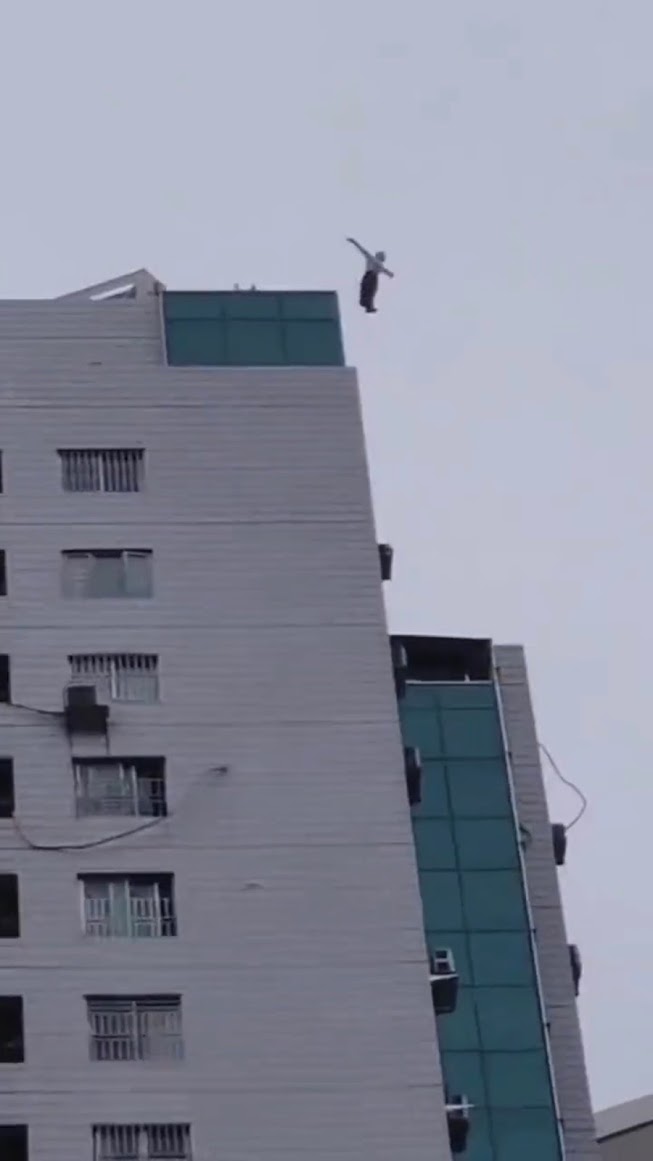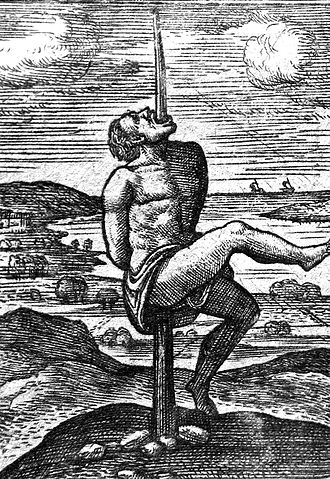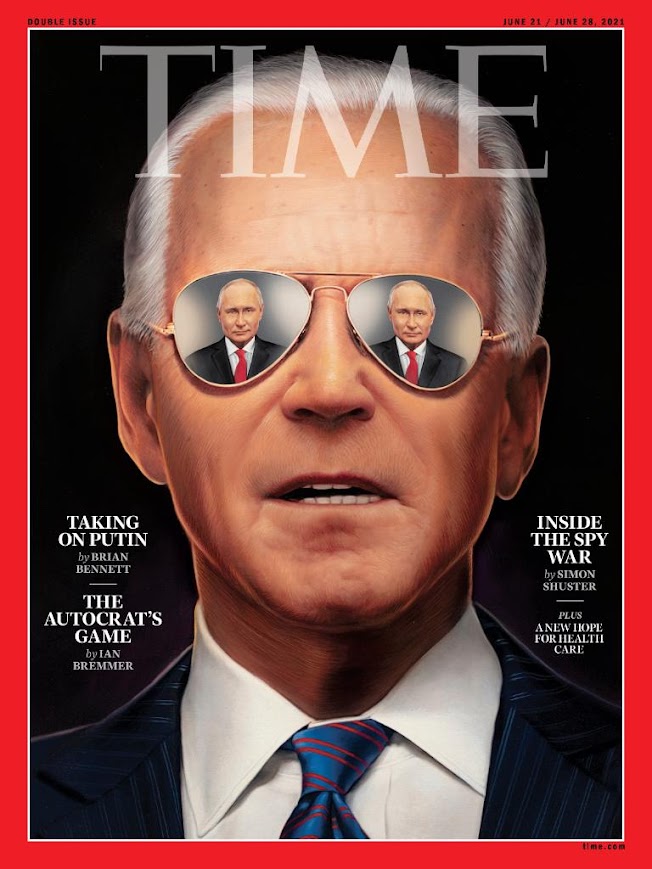Folks have been arguing that the American era of superpower primacy is over. Starting with the collapse of the Soviet Union at the end of the Cold War, we've had a good run. Things have changed over the last 30 years, and China's now a top peer competitor about to knock the American hegemon off the its pedestal of global preponderance. We're Great Britain after 1914.
Actually, no.
I mean, in just this last three weeks, the stunning American response to Russia's invasion of Ukraine should be ample indication of how powerful the U.S. remains in literally all aspects of global power and international interactions. The tremendous, crushing U.S. leadership of global financial markets, the international monetary regime --- and NATO in the military arena --- should give hostile nations pause. While sanctions don't always work, events have shown the breathtaking and devastating ability of the U.S. to lead allied states around the world to literally remove a threatening global state actor from the civilization of nations.
It's near certain that Vladymir Putin will never back down in Ukraine, much less negotiate (in good faith) a ceasefire culminating in a new Russian modus vivendi. What we do know is with the exception of owning the world's largest nuclear arsenal, it's patently clear that Russia lacks the ability to wage a dominant regional war at the periphery of its sovereign authority, much less a continent-wide war against at least 30 democracies organized into the most powerful military alliance in world history.
And you can bet your sweet bippy the Chinese are watching events in Ukraine extremely closely, perhaps regretting the deal Chairman Xi entered into at the Winter Games last month sealing a new strategic partnership with Moscow. Indeed, Beijing's now distancing itself from Putin and the Russians, lest China be pulled into an even more antagonist relationship with the United States. It's been a heady start to 2022.
The literature of internationalist relations theory sheds some light on the current distribution of capabilities. Professors Stephen G. Brooks and William C. Wohlforth have published a number of papers (here and here, for example) throwing cold water on claims that China is overtaking the U.S. in global competition. More recently scholars Hal Brands and Michael Beckley have made the case for "The End of China’s Rise." While no doubt structural change is afoot in world politics, it's still much too early to declare the arrival of a multipolar order that hearkens back to the the "twenty years crisis" before the outbreak of World War II.
Lots of folks will obviously disagree, but I'm bullish on America. I don't believe the U.S. and China are destined for war.
I write all of this in response to young whippersnapper Josh Hammer's claim, at the American Spectator that, "With the rise of China and the return of great-power competition, that unipolar era is, for all intents and purposes, now over."
I don't know?
China has two aircraft carriers, one it acquired, ironically, from Ukraine in 2012 and declared ready for combat operations just three years ago. Beijing is decades away from deploying a true blue-water navy capable of challenging the United States Navy on the open seas. We currently deploy 11 aircraft carriers, and the new Gerald R. Ford-class carrier is set to replace the Navy's current Nimitz-class carriers on a one-to-one basis over the next few decades. The USS Gerald R. Ford, the first next generation carrier delivered to the Pentagon, was commissioned in 2017.
Ten Ford-class carriers are expected to be deployed over the next few decades. The United States can do this --- build the world's largest and most advanced naval warships in world history --- while spending just 3.2 percent of GDP on defense spending. In World War II, U.S. defense spending as a proportion of GDP was 40 percent, and 6 percent during Reagan administration's awesome defense build up in the 1980s. It's nothing, to the great consternation of our enemies.
The U.S. still retains the world's largest military overall, but we've not been in something like a Cold War posture for 30 years. We lose small wars in place like Mogadishu, and U.S. democracy promotion by force proved bankrupt on the shoals of American intervention in Afghanistan and Iraq. But the U.S. still holds the command of the commons, though it will take wise and judicious leadership to maintain America's world strategic edge.
Fact is, the U.S. actually needs more carriers than it currently deploys, if it hopes to deter Chinese naval power in the West Pacific. While nowhere near as sophisticated as U.S. naval forces, China now boasts the largest navy in the world.
As noted at the Amazon page for Tom Clancy'a 1999 book, Carrier: A Guided Tour of an Aircraft Carrier, these ships "are floating cities with crews of thousands. They are the linchpins of any military strategy, for they provide what has become the key to every battle fought since World War I: air superiority. The mere presence of a U.S. naval carrier in a region is an automatic display of strength that sends a message no potential enemy can ignore."
There's much more to be said of the likely and long continuance of U.S. dominance in world politics, on a number of measures. But current financial sanctions against Russia demonstrate the sheer scale of U.S. power in the world economy, and American naval capabilities and technological sophistication won't likely be matched by peer competitor this century.
While this is a very rudimentary, preliminary analysis of the problem, when you hear some cocksure folks telling you our days as the world's Leviathan are over, you might take it with a grain of salt.






